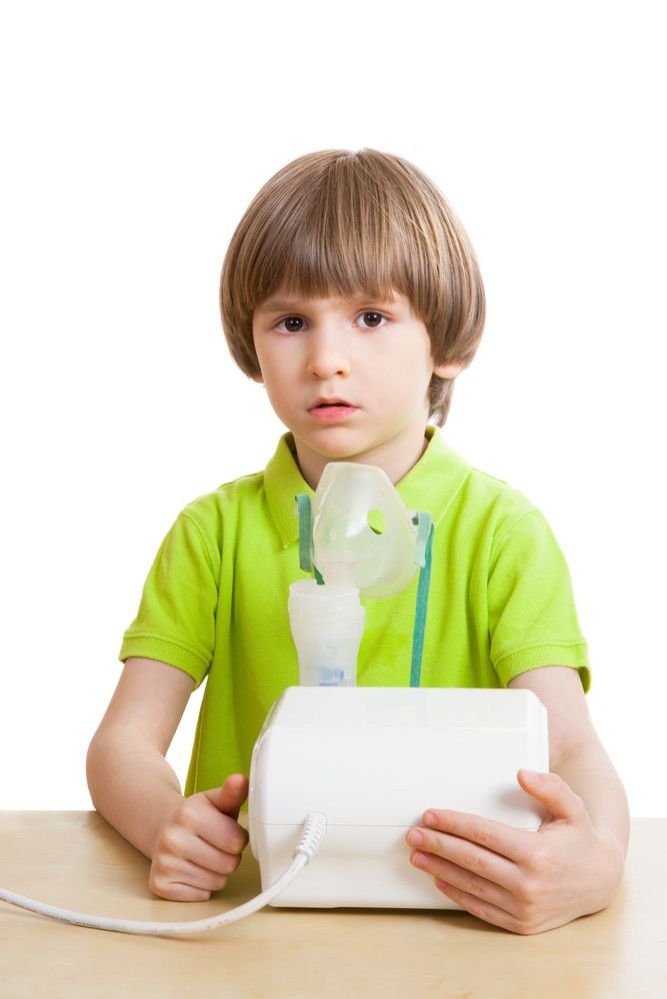Pediatric Medical Devices Are Being Tested On Adults Instead Of Children

The Food and Drug Administration (FDA) has defined pediatric medical devices as a product used to treat or diagnose a disease or condition from birth to the age of 21. A recent study conducted at Harvard Medical School has revealed that although the majority of these devices are meant for children and teens, more often than not, they are only tested on adults.
"Children are not simply 'small adults,' and a device found to be safe and effective in adults may have a very different safety and effectiveness profile when used in a pediatric population," researcher at Brigham and Women's Hospital and Harvard Medical School, Thomas J. Hwang told Reuters Health. "Without this data, it is difficult for clinicians and parents to make informed treatment decisions that weigh the risks and benefits of a particular treatment."
Hwang and his colleagues from Harvard Medical identified 25 pediatric medical devices approved by the FDA between 2008 and 2011. Researchers investigated clinical trials that were used to validate the approval of devices intended for use in patients under the age of 21. According to the FDA, “children are often smaller and more active than adults, body structures and functions change throughout childhood, and children may be long-term device users - bringing new concerns about device longevity and long-term exposure to implanted materials.”
Out of the 25 devices included in the assessment, three were approved for use in patients under the age of 18. The remaining 22 were approved for patients up to the age of 21. Only four of the pediatric medical devices approved by the FDA were tested on patients under the age of 18. Eleven were tested on patients aged 21 and under. Some of the devices were approved under the pretense that the manufacturer would conduct further clinical trials to make sure they were safe while three required the trials include children.
The FDA would like to warn all parents about the dangers of using a faulty medical device on children. Before considering the use of pediatric medical device, consult the FDA’s website and seek the advice of a physician. In the event of problem with a pediatric medical device, file a report with the FDA’s website to ensure the safety of your child and any other who may be harmed by a device.
"Parents and guardians should know that not every problem is related to a child's underlying illness or environment," pediatrician at FDA Dr. Joy Samuels-Reid said in a statement. "Most people are aware that drugs can have side effects, but they may not know that medical devices can have problems or may contribute to adverse events, too."
Published by Medicaldaily.com



























